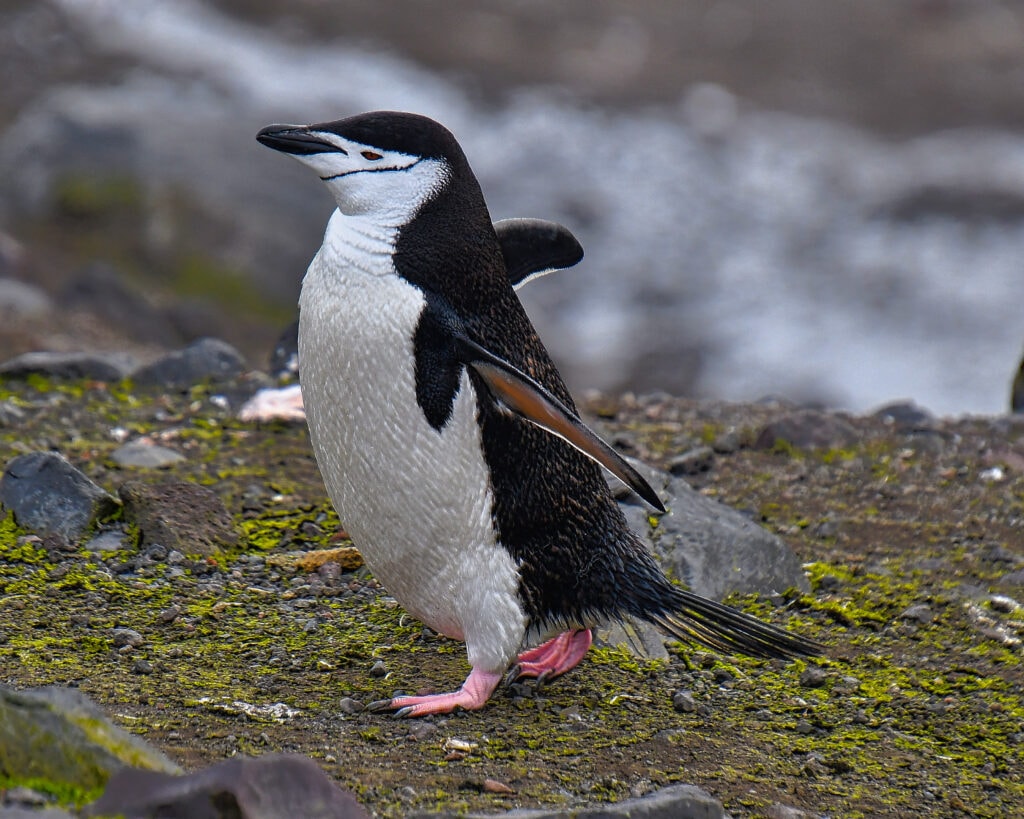Babies are notorious for wrecking their parents’ sleep schedules. As it turns out, this is a pretty universal experience. Humans might be the only animals to roll out of bed groaning at the sound of a baby monitor, but we certainly aren’t the only ones to have to sneakily steal a nap just to get through the day with a young baby. In fact, there’s one bird from whom we could probably take a lesson in stealth napping.
Related Article: Rare Emperor Penguin Chick Hatched at SeaWorld
A recent study has found that nesting Chinstrap Penguins may take as many as 10,000 tiny naps per day. In humans, the term “microsleep” is usually associated with the act of nodding off briefly and unintentionally. It is usually discussed in contexts related to the importance of regular sleep and the dangers of sleep deprivation. Lapses in consciousness while driving, for instance, are extremely dangerous manifestations of insufficient sleep.
On that front, Chinstrap Penguins have us beat. The study in question found that between the 10,000 tiny naps, each of which averaged about four seconds in duration, Chinstrap Penguins were able to achieve roughly eleven hours of sleep in a day. What’s more, it was observed that the Chinstrap Penguins seemed to receive the full benefits of sleep, despite the obviously disjointed nature of this napping strategy.
The life of a Chinstrap Penguin chick is fraught with danger. Petrels and skuas are always happy to gobble up a young Chinstrap Penguin, so nesting adults must be vigilant if they want their offspring to survive. This is the most likely reason that Chinstrap Penguins have evolved to be such champions of split-second sleeps. They have no choice. A quick snooze is all the Chinstrap Penguin parents have time for in between tending to their young and looking out for potential threats.
There is a bit more to than just vigilance, though. Scientists found that penguins nesting near the center of a flock engaged in shorter shallower sleep. This is thought to be related to the amount of activity in the center. Constant noise from nearby birds prevents them from achieving deeper sleep. Conversely, birds on the fringes of the flock slept for longer, but this might also relate to the fact that being on the fringes means that nearby predators force these penguins to stay awake for longer shifts too.
Sleep is well-known to be vital to brain function for many animals, however knowledge of avian sleeping patterns is relatively scant. As new science emerges, we may discover that our feathered cousins have even more nap-time tricks up their sleeves.
Popular Article: Skilled Crows Activate Different Parts of Their Brains Than Inexperienced Peers

